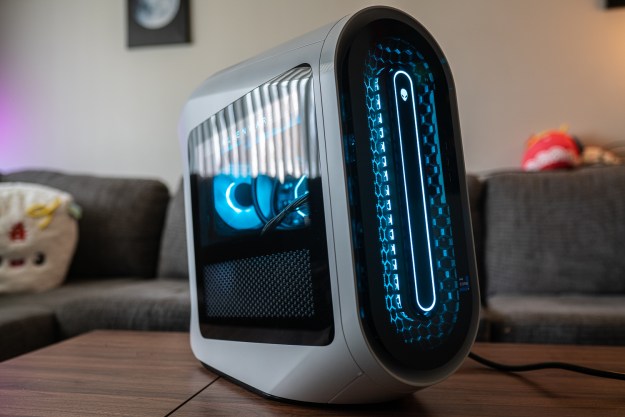No, we’re not talking about the backdrop to a science-fiction movie, but an actual duel that took place between four professional Texas Hold’em poker players and an artificial intelligence called Libratus. The competition, called Brains vs. Artificial Intelligence: Upping the Ante, took place at the Rivers Casino in Pittsburgh from January 11 to Monday. Libratus defeated its four human opponents with an average daily win of $206,061 and a grand total win on a hefty $1,766,250 in virtual funds.
But don’t let Libratus scare you — it was only created to play Heads-Up, No-Limit Texas Hold’em poker. It’s the brainchild of Professor Tuomas Sandholm and Ph.D. student Noam Brown from Carnegie Mellon University’s School of Computer Science and uses the Bridges computer at the Pittsburgh Supercomputing Center for its computation needs. It doesn’t rely on the experience of expert human players but instead, consists of algorithms that create a strategy based on an analysis of the rules and the opponents.
However, those algorithms weren’t developed specifically for poker, enabling the Libratus to thoroughly analyze any situation where information is misleading or incomplete. Thus, the algorithms could be used at auctions, during business transactions, and while playing poker where the players aren’t always honest about their cards.
To some degree, the human opponents were at a disadvantage. The Bridges computer provided Libratus with around 25 million core hours of computations. While the players slept at night, the Bridges computer performed computations based on the previous day’s gameplay results, sharpening Libratus’ strategy. The Bridges computer also supplied live computations to Libratus during the games as well.
The four human players underestimated Libratus in the beginning, and by the ninth day, Libratus had already gained the lead with $459,154 in virtual chips. At the time, Jimmy “ForTheSwaRMm” Chou acknowledged that Libratus was getting better at the game every day. “It’s like a tougher version of us,” he admitted.
Over the course of 20 days, machine and man played 120,000 hands of Heads-Up, No-Limit Texas Hold’em poker. The other three human players included Dong “Donger Kim” Kim, Jason “PremiumWhey” Les, and Daniel “Dougiedan678” McAulay. All four are considered as some of the world’s top players of Texas Hold’em.
“This is the first time that AI has been able to beat the best humans at Heads-Up No-Limit Texas Hold’em,” said Sandholm. “More generally, this shows that the best AI’s ability to do strategic reasoning under imperfect information has surpassed that of the best humans.”
Les said that while Libratus kept changing its overall strategy throughout the competition, the AI seemed capable of adjusting its strategy against the individual players too. That led the humans to gather together each night to create strategies for thwarting Libratus the next day, but nothing helped. There was no stopping the Libratus/Bridges duo.
“I really felt this bot was exploiting me [in certain poker situations],” Chou said.


